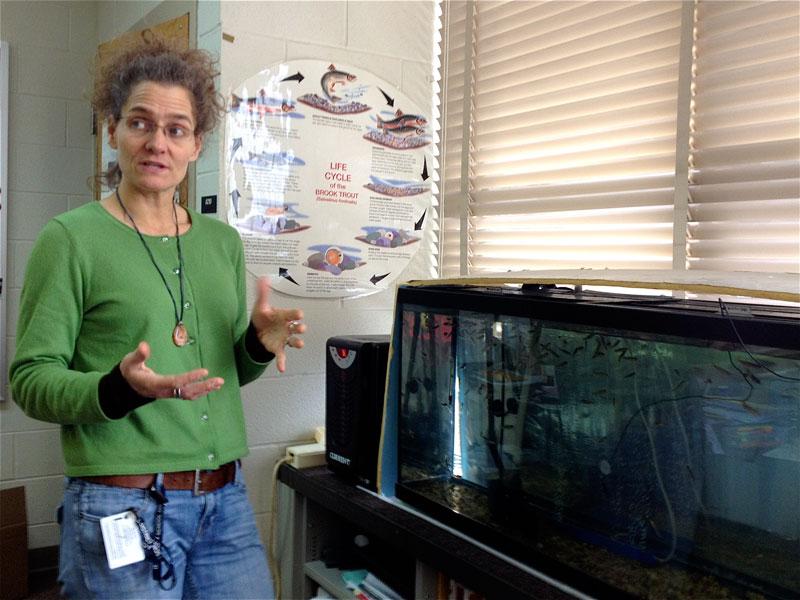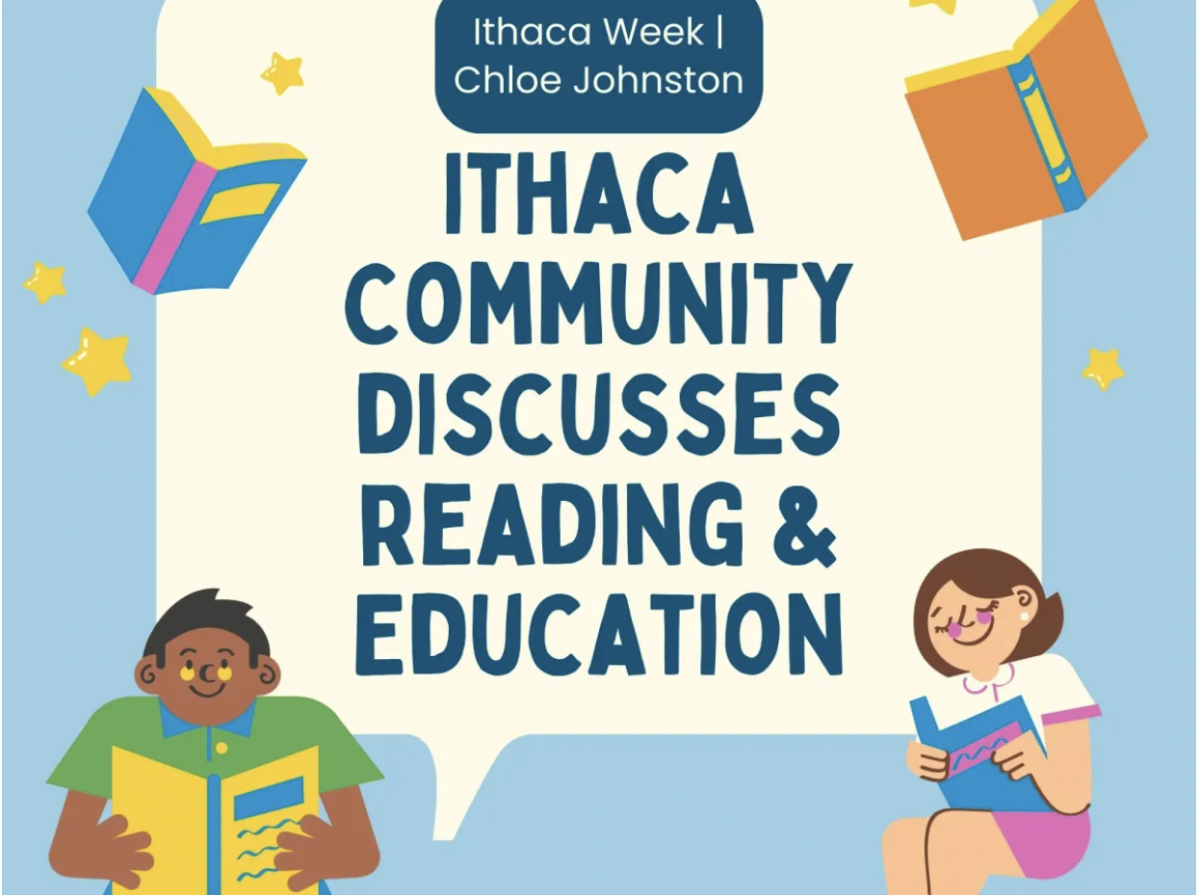Expeditionary Learning, an educational development company which won a contract to develop learning modules for New York State, applies different social studies or science content to expand writing and critical thinking skills. Students learn to analyze and interact with maps, timelines, pictures and documents, delving deeper into a subject.
Although the Expeditionary Learning modules are optional six to eight week programs, ICSD Chief Elementary Officer Matthew Landahl said all the district schools have at least one teacher in every grade level incorporating this program within their curriculums.
“Honestly, I was thinking maybe only a handful of teachers would want to take it on so I was surprised at the number of commitment,” Landahl said. “That says a lot about the teachers in ICSD in embracing new things.”
Terri Stoff, a fourth grade teacher at Northeast Elementary School who has been working with Expeditionary Learning’s colonial module for 90 minutes a day, said the program is challenging for her students.
“It’s pushing the nine-year-old kids and pushing them into a higher level of critical thinking that they’ve ever had to do before,” she said.
Jennifer Wilkie, a fourth grade teacher at South Hill Elementary, said the modules allow students to delve deeper into subjects.
“They’re learning about history, they’re also learning about how to make a presentation, and using the exact scientific words that a wheelwright would use,” Wilkie said. “It’s similar that it allows them to dig deep into something and allow them to inhabit it and pretend that they’re back in time.”
As a science teacher, Wilkie has also been working with Trout in the Classroom, a program in which students study the growth, eating habits and survival rate of trout kept in small aquariums. The program is provided by Cayuga Floating Classroom from October to May.
Bill Foster, director of the Cayuga Floating Classroom, said he started the local program in 2008 with Trout Unlimited to bring an immersive approach to environmental science to young students. Foster said Trout in the Classroom is dependent on grade level and the needs of each teacher, but can be used to teach subjects as diverse as art, songwriting and math. The program expanded to all Ithaca schools when Beverly J. Martin and Fall Creek elementary schools adopted it in 2011.
“It’s a good supplement to the textbook and notebook approach,” Foster said. “You can read about something, but when you can actually participate in it then it makes it a lot more real.”
As part of the Common Core State Standards for kindergarten to 12th grade classrooms, New York State mandates new curricula be “research and evidence based, aligned with college and work expectations, rigorous, and internationally benchmarked.”
To reach these goals, New York State — which has adopted the Common Core curriculum on July 19, 2010 — has enlisted Expeditionary Learning to develop materials for the 3rd to 5th grades. The state’s contract with Expeditionary Learning is one of the four contracts State Education Commissioner John B. King announced in April 2012. The collective contracts, which are valued at $12.9 million, are funded by the state’s Race to the Top funds.
Landahl said Expeditionary Learning was awarded another contract to produce modules for sixth to eighth grades, and by Aug. 1 there will be six modules available at each grade level.
“It kind of makes us feel rich in a way because these are really high-quality products and high-quality curriculums produced by the state,” Landahl said. “The state just put these out there in a voluntary way and we’re taking them up on them and we really want teachers to experiment with these.”
Wilkie said the change in teaching approaches is markedly different than when she was a student.
“My little school in New Jersey just didn’t have resources and we learned from books while growing up,” Wilkie said, “and I think as education has grown, we had seen the power of this hands on stuff. In a way, it’s New York State acknowledging that we know that we learn very well in this way.”
In 1999, the National Assessment of Educational Progress found that teachers using hands-on methods saw students outperformed their peers by 70 percent of a grade level in math and 70 percent of a grade level in science. In 2009, a member survey by Research Area for Teaching, a non-profit organization promoting interactive learning, reported that 93 percent of students retain knowledge longer as a result of these teaching methods.
Although the Expeditionary Learning program in its infant stages, Stoff said she will re-enlist in Expeditionary Learning programs in a heartbeat.
“When I first saw this, I was like no way that kids can do this… but sure enough I found that wow, they really can,” Stoff said.







